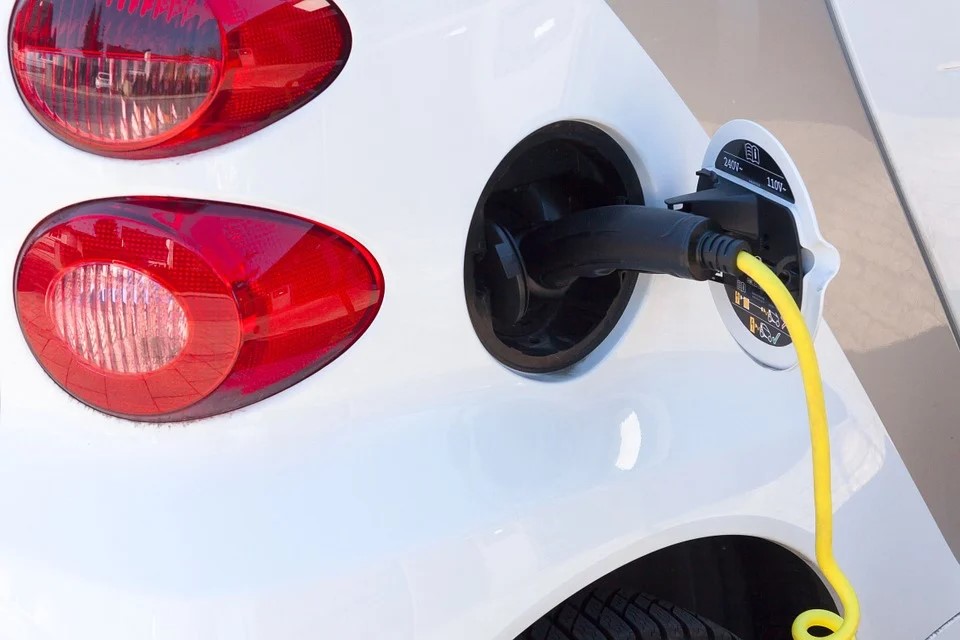ESG
What To Expect From COP29 – Rathbones

Nicola Day, deputy head of Greenbank, the sustainable impact investment arm of the UK investment manager Rathbones, shares her insights on what to expect from the 29th United Nations Climate Change Conference (COP29), after it was opened in Baku, Azerbaijan, on Monday.
Labelled the “finance COP,” this year’s Climate Change Conference, which ends on 22 November, will try to agree and adopt a new climate finance target, replacing the $100 billion per annum commitment set in 2009, according to Nicola Day, deputy head of Greenbank, the impact investment arm of Rathbones.
“Against a turbulent geopolitical backdrop, reaching agreements is set to be ever more challenging, and the success of this COP will largely be determined by the finance agreements that can be made,” Day said in a note.
A key item being discussed is agreeing and adopting a new climate finance target. “The New Collective Quantified Goal (NCQG) is the priority item on the agenda. The parties at COP29 will be working to finalise a more ambitious climate finance goal to become effective from 2025, moving on from the $100 billion per annum agreed in 2009,” Day continued. “Many vulnerable developing countries cannot build resilience to worsening climate impacts, or adopt new clean energy or low carbon solutions technologies without financial support, so this agreement will be integral to the progress they can make. For instance, a study of 91 developing countries estimates they will need a total of $4.5 trillion to achieve their climate action pledges, much more than what is currently on the table."
“With developed countries having largely failed on their annual funding promise, the trust of developing countries has been severely eroded. Given this, we will see the NCQG be used as a central enabling feature of the climate negotiations,” Day said.
Finalising the rules on international carbon
markets
“The second key item on the agenda this year will be to finalise
agreements on effective international carbon markets. Article 6
of the Paris Agreement sets the rules for effective international
carbon markets which will provide an important way to encourage
global collaboration and investment in emissions reduction
projects such as forest conservation,” Day continued.
“COP29 is aiming to finalise the rules ensuring environmental integrity, transparency, additionality, and avoidance of double counting, which are key issues for credible global emissions trading and cost-effective climate mitigation. The success of Article 6 negotiations will be an important milestone, paving the way for a higher, more representative carbon price and for trading to begin,” she added.
Confirming details for the loss and damage
funding
Launched in recognition that some impacts of climate change are
irreversible and often borne by vulnerable countries that have
done the least to contribute to the problem, the Fund for
Responding to Loss and Damage (FRLD) was established
at COP27 and came into effect at COP28. “This year
further negotiations will take place to confirm further details
around the fund, its eligibility criteria and how the funds will
be channelled and to whom. A crucial expectation is for developed
countries to announce new pledges to increase support for
climate-related damages. Whilst approximately $700 million has
been pledged to date, reports cite that developing countries
could face up to $580 billion in damage costs by 2030,” Day said.
Renewing climate commitments
“The climate commitments called Nationally Determined
Contributions, NDCs that individual countries prepare as
part of their obligations under the Paris Agreement are due to be
renewed by February 2025, and therefore this COP will
be a pivotal time to build momentum behind bolder and more
ambitious plans,” Day continued. “It is hoped that countries will
have bolstered their commitments following findings from the
first Global Stocktake (GST) announced last year which showed
that the world is collectively way off track to limit global
warming to 1.5C. The GST provided a roadmap for climate action,
which included the decisions to transition away from fossil
fuels, double energy efficiency and triple
renewables. COP29 will push for ambitious commitments
which are deliverable and credible.”
European Commissioner Wopke Hoekstra is talking in Baku today on "Scaling up investment for tripling renewables and doubling energy efficiency," following up on the pledges made at COP28. UK Prime Minister Keir Starmer is also in Baku today. He believes Britain "must work with other countries to combat climate change – solving these urgent problems at the root and tackling the causes because our country is stronger when we do."
Setting a global goal for adaptation
“One of the reasons adaptation has not had as much attention as
other areas of climate policy is the lack of a concrete goal. The
Global Goal on Adaptation (GGA) will provide a centrepiece to
focus efforts for increasing adaptation measures as climate
impacts escalate. COP29 will convene a high-level
ministerial dialogue on the urgent need to scale up adaptation
finance,” Day said.
Last year, COP28 concluded in Dubai, with an early breakthrough made on the climate disaster fund. The COP28 statement called for a consensus on “transitioning away from fossil fuels in energy systems, in a just, orderly, and equitable manner.” Alongside the new fossil fuel pledge, the commitment called for a tripling of global renewable energy by 2030, a doubling of average annual energy efficiency gains by 2030, a rapid phase down of “unabated” coal and coal power generation, an acceleration of zero and low emissions technologies (such as renewables and nuclear), a “substantial” reduction in methane emissions by 2030, and the phasing out of some fossil fuel subsidies “as soon as possible.” Nevertheless, some wealth managers felt that the final agreement fell short on delivering the change needed to effectively fight climate change. See more commentary here.